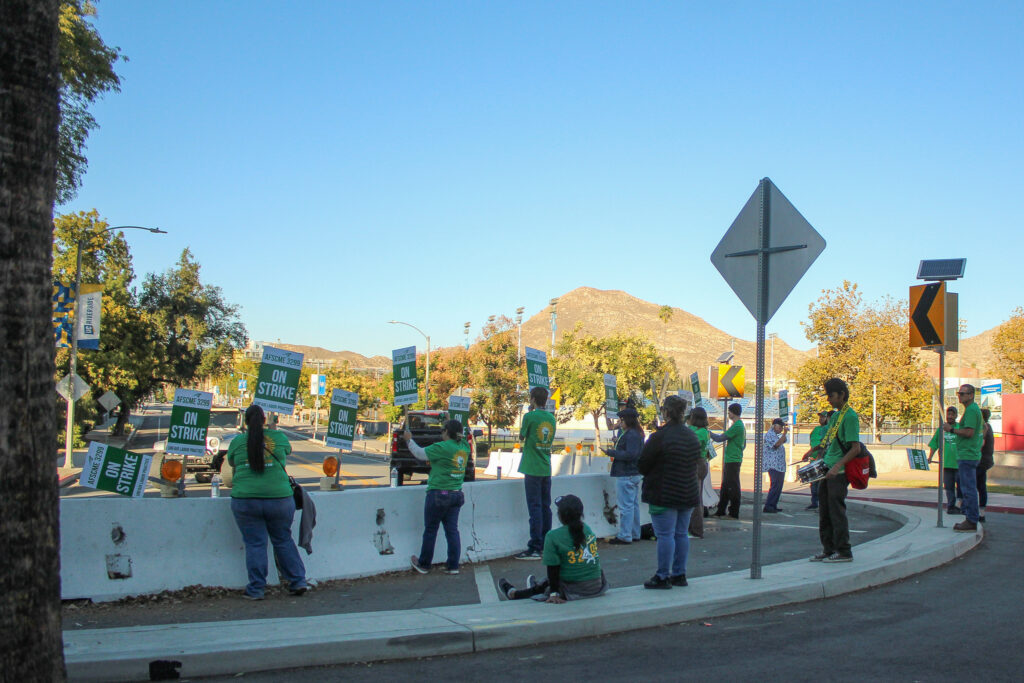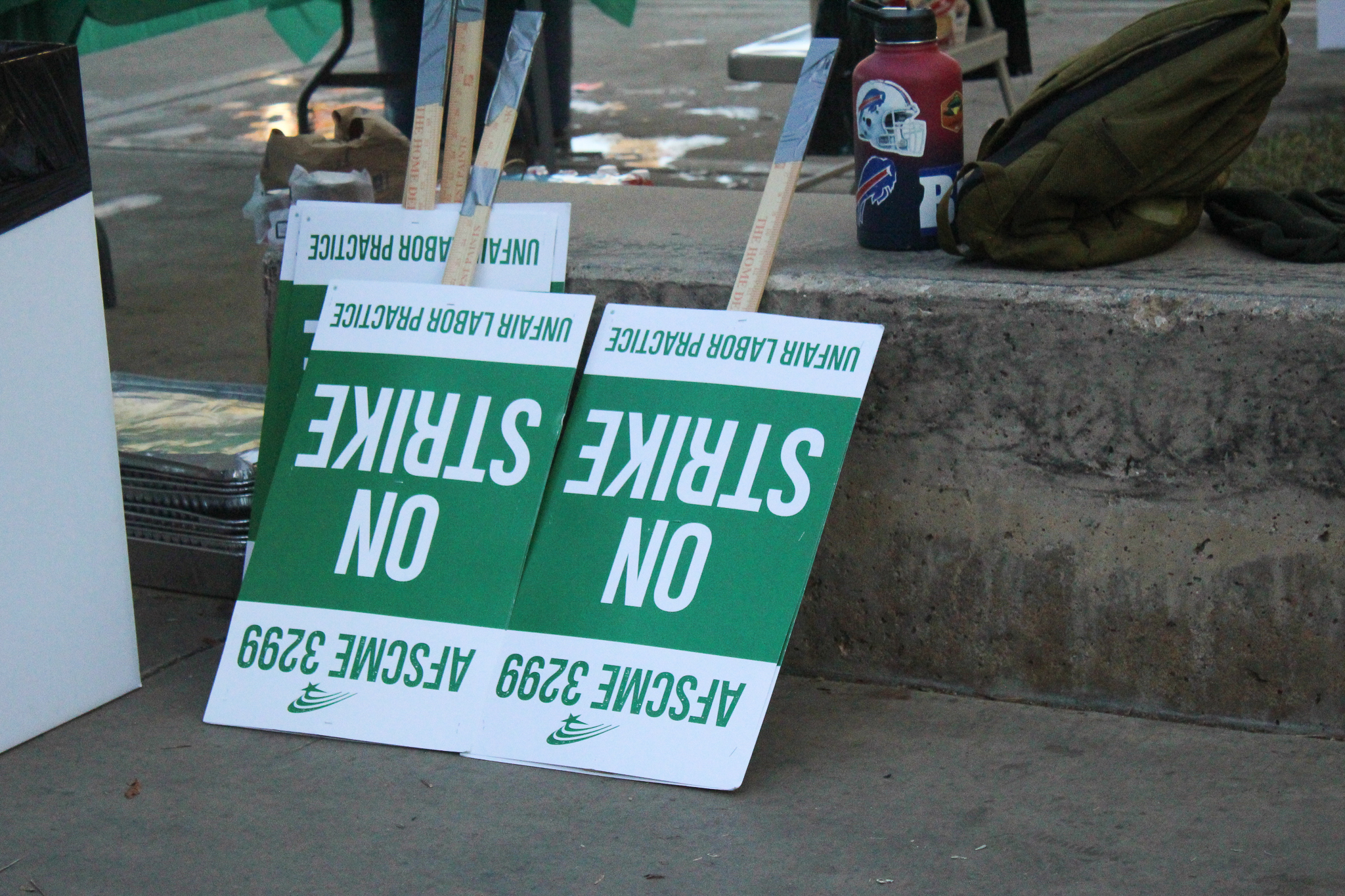The University of California (UC) faced a system-wide strike last week led by service and patient care workers, represented by the American Federation of State, County, and Municipal Employees Local 3299 (AFSCME 3299). The strike is motivated by what the union describes as unfair labor practices, restrictions on employee rights and unlawful access policies.
AFSCME represents 37,000 UC workers across all UC locations, including UCSF. They argue that the UC is making unilateral changes to protest policies without proper union consultation, limiting their ability to advocate for better working conditions and wages. The UC has reportedly threatened to arrest workers for engaging in picketing and using amplified sound while protesting.
UC campuses have implemented various limitations, and Union workers have urged the Public Employment Relations Board (PERB) to intervene. UCSD has imposed limitations on leafleting and banned literature distribution inside buildings and parking areas regarding the union’s cause. UCSF now prohibits activities within 50 feet of building entrances.
UCI Health requires approval for events near patient entrances in order to limit picketing activities and now requires a 10-day written request to use non-restricted areas. UCLA mandates scheduling a guarantor for large events and UCSF requires a security review by campus police, all in an effort to restrict union workers’ access to spaces of protest.
On Sep 20, 2024, AFSCME Chief Negotiator Seth Newton Patel sent a written letter to Melissa Matella, the UC Associate Vice President of Employee and Labor Relations, demanding to bargain the access changes that UC had made. These changes include leafleting restrictions, picketing limitations, signage size limits, space access and union access restrictions.
Patel claimed that UC never called attention to any proposals to change access rules. On Sep 23, 2024, UC chief negotiator Guillermo Stantussi stated that UC was willing to bargain effects and argued that UC has the right to set these access rules under Senate Bill 108. This bill only requires the UC to report on policies ensuring campus safety and access.

AFSCME countered that the access policies are a mandatory bargaining subject and Senate Bill 108 does not grant UC authority to implement changes without negotiations. The union insists that UC retract the new access policies before bargaining occurs.
UC campuses have refused to negotiate policy changes and instead proposed discussing the impact of these new policies. AFSCME has objected to this proposal, arguing that UC cannot unilaterally alter bargaining subjects without negotiation.
In Fall 2024, UC proposed new access restrictions affecting AFSCME’s union organizing efforts during contract negotiations. Subsequently on Oct. 9, 2024 AFSCME organized rallies across UC locations, highlighting the workers’ struggles with inflation and housing costs. UCLA’s Employee and Labor Relations advocate, Brittany Jones issued a “final warning” to AFSCME in response to the protest. She claimed that the unions were violating UC’s times, place and manner policies and threatened sanctions if the union did not comply.
AFSCME has alleged that UC’s recent actions violate labor laws and broader worker rights protections. The union claims UC has breached the Higher Education Employer-Employee Relations Act (HEERA), which guarantees employees the right to organize and advocate for better working conditions.
The UC’s implementation of access policies without negotiation may raise concerns under HEERA (Gov. Code 3571), including employer interference through restrictive policies and refusal to bargain in good faith. Union workers have expressed concerns about the UC restricting their First Amendment rights.
AFSCME 3299 executive board member Jesse Hernandez described these policies as a “crackdown on freedom of speech.” Union members have voiced concerns about retaliation against union activities; Hernandez stated that his colleagues have been cited for advocating and protesting.
AFSCME has requested that PERB intervene by ordering UC to cease and desist from interfering with union rights, rescind unilateral changes to access and speech policies and publicly acknowledge its violations.








